Table of Contents
Toggle🌸 Indian Culture & Festivals: A Journey Through Traditions, Colors & Spirituality
Introduction: The Soul of India
India is not just a country—it is an experience. With its history stretching back over 5,000 years, India has been home to diverse traditions, religions, and philosophies. Known worldwide for its unity in diversity, Indian culture is a beautiful blend of spirituality, art, food, music, and festivals.
Festivals in India are not merely dates on the calendar; they are celebrations of life, community, and the divine. Whether it’s the colorful festival of Holi, the lights of Diwali, or the spiritual chants during Durga Puja, each celebration tells a story.
In this blog, let’s explore the richness of Indian culture and festivals, and why they continue to fascinate people across the globe.
The Essence of Indian Culture
Indian culture is deeply rooted in values, traditions, and philosophies passed on from generation to generation.
Family & Community Life – Family is considered the foundation of Indian society. Festivals bring extended families together.
Respect & Spirituality – Respect for elders, teachers (gurus), and guests is central to the culture.
Art & Heritage – From classical dances like Bharatanatyam to handicrafts, India’s art reflects its soul.
Languages & Diversity – India has 22 official languages and thousands of dialects, each with its unique flavor.
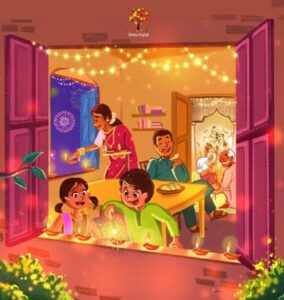
Festivals: The Heartbeat of Indian Culture
Festivals in India symbolize joy, unity, and cultural pride. They are based on mythology, harvest seasons, and historical events.
1. Diwali – The Festival of Lights
Celebrated across India by Hindus, Jains, and Sikhs.
Symbolizes the victory of light over darkness and good over evil.
People decorate homes with diyas (oil lamps), exchange sweets, and burst fireworks.
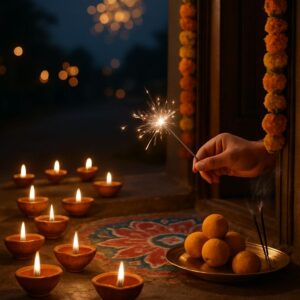
2. Holi – The Festival of Colors
Celebrated in spring, marking the arrival of new harvests.
Known for playful color fights, music, and dance.
Symbolizes love, friendship, and the victory of good over evil (Holika Dahan).
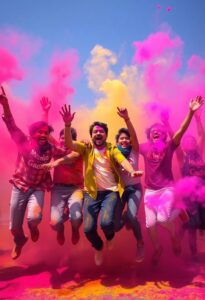
3. Navratri & Durga Puja
A nine-day festival honoring Goddess Durga.
Celebrated with devotional songs, dances (Garba & Dandiya), and grand pandals in Bengal.
Symbolizes feminine strength and divine power.
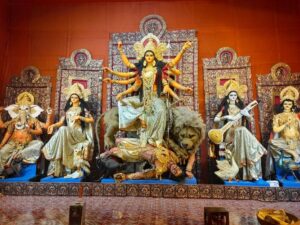
4. Eid-ul-Fitr & Eid-ul-Adha
Celebrated by Muslims with prayers, charity (zakat), and feasts.
Symbolizes gratitude, compassion, and unity.
Families and friends come together to share special dishes like biryani and sheer khurma.
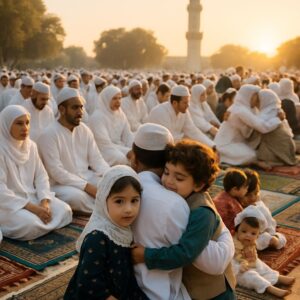
5. Christmas in India
Celebrated by Christians across India with midnight masses, carols, and decorations.
Goa, Kerala, and the Northeast are famous for grand celebrations.
Symbolizes peace, love, and togetherness.

6. Harvest Festivals
Pongal (Tamil Nadu), Baisakhi (Punjab), Makar Sankranti (North India), Onam (Kerala).
Celebrate seasonal changes and harvest cycles.
Traditional food, folk dances, and cultural performances mark these occasions.
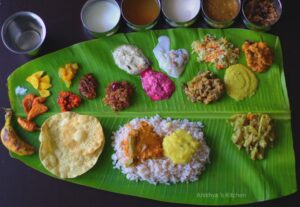
Indian Festivals Beyond Religion
What makes Indian festivals unique is that they go beyond religion and region. They unite people, boost tourism, and strengthen social bonds.
Tourism Impact: Festivals like Holi and Diwali attract travelers worldwide.
Economic Impact: Festivals boost markets for sweets, clothes, decorations, and handicrafts.
Cultural Unity: Different communities celebrate each other’s festivals with equal joy.
Music, Dance & Food: The Cultural Flavor
No Indian festival is complete without music, dance, and food.
Music: Traditional bhajans, qawwalis, folk songs, and Bollywood hits set the festive mood.
Dance: Each region has its own—Bhangra in Punjab, Garba in Gujarat, Kathakali in Kerala.
Food: Sweets like laddu, gulab jamun, kheer, and festival-special dishes make celebrations memorable.
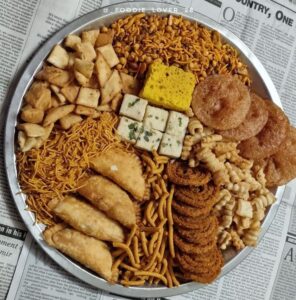
Spiritual & Philosophical Roots
Indian festivals reflect the spiritual essence of life. They teach values like:
Good triumphs over evil (Diwali, Dussehra).
Gratitude towards nature (Harvest festivals).
Unity & Brotherhood (Eid, Christmas).
Balance of body & soul (Yoga, cultural rituals).
How to Experience Indian Culture & Festivals as a Traveler
If you are planning to experience India, here are tips:
Plan According to Festivals – Visit during Diwali, Holi, or Durga Puja for unforgettable experiences.
Participate Respectfully – Join in rituals but respect local customs.
Try Local Food – Each festival has unique delicacies.
Capture the Moments – Festivals are a photographer’s paradise.
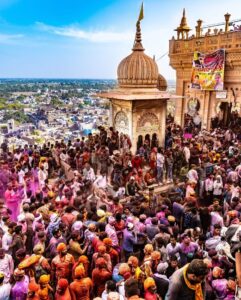
Conclusion: The Living Spirit of India
Indian culture and festivals are more than traditions—they are the heartbeat of the nation. They keep history alive, connect people emotionally, and inspire values of love, unity, and spirituality.
No matter where you are, experiencing Indian festivals once in your life is enough to leave you mesmerized forever. Truly, India celebrates life every single day.
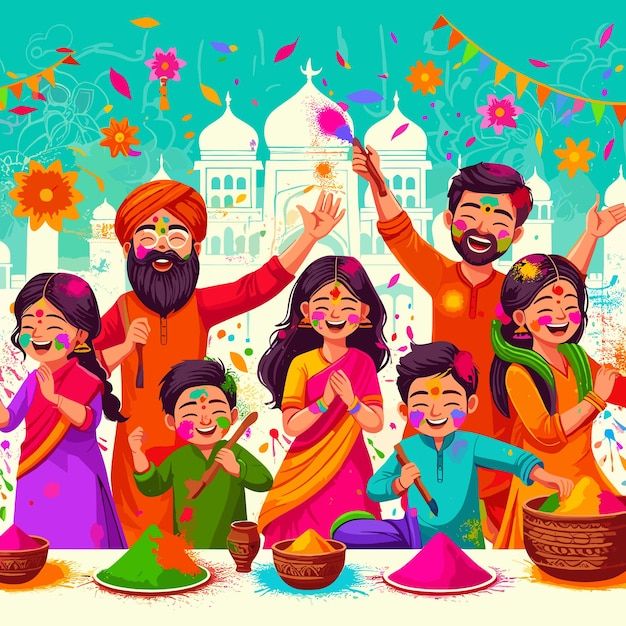
Недропользование — это направление деятельности, связанный с освоением природных ресурсов.
Оно включает добычу полезных ископаемых и их дальнейшую переработку.
Эта отрасль регулируется нормативными актами, направленными на безопасность работ.
Ответственное ведение работ в недропользовании обеспечивает устойчивое развитие.
оэрн